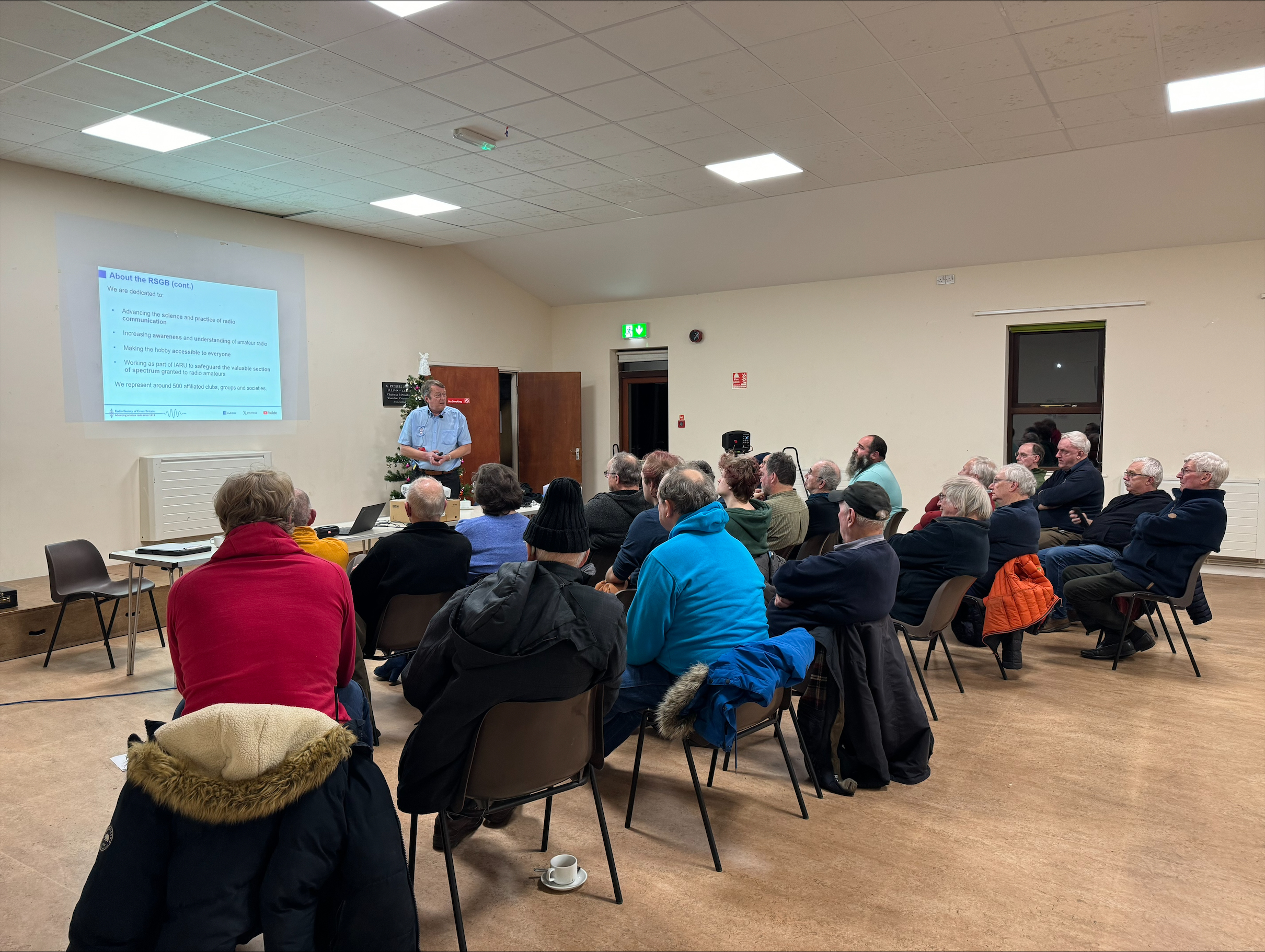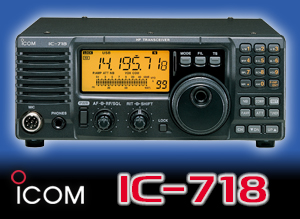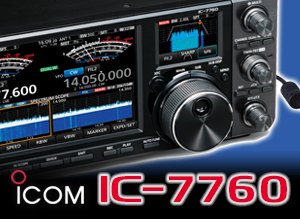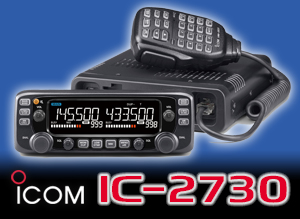March 2024 – Strategic priorities update
RSGB strategic priorities – a personal view

I have recently started a series of talks to radio clubs about the Society and the services it offers. It’s a bit of a double act – Board Director Ben Lloyd, GW4BML talks about SOTA and I talk about the RSGB. We have given these talks at Powys ARC and Aberystwyth ARS – thanks to both clubs for their hospitality – and further talks are planned.
Giving the talk and listening to what the attendees told us about the RSGB has been very instructive, because it sorts out for me what is most important about what the Society does, and why people should join the Society/remain members. This is an important understanding as we pursue the strategic priority of membership of the RSGB.
So here is my personal list. Yours maybe different, of course.
-
Spectrum defence – without spectrum we are nothing and it is rightly a strategic priority. The spectrum is under significant threat nowadays. WRC-23 has just finished and the RSGB funded one delegate for the whole conference. This isn’t cheap but it is essential if we are to defend the spectrum with 10m, 6m and 23cm all under threat. The first two survived intact and we managed to keep 23cm with new restrictions. But we still have a 23cm band.
-
Exams – I did my exam many years ago, so I have no need of them. But I do need new amateurs to continue to join the hobby, and growth is our first strategic priority. The RSGB took on exams when City & Guilds decided to no longer run them and it is an important part of what the Society does. Keeping the syllabus up to date, maintaining the question banks and administering/invigilating exams is a significant use of volunteer and HQ resources.
-
RSGB National Radio Centre (NRC) – free admission to Bletchley Park and the NRC is a handy member benefit, but it is more than that. Amateur radio needs to be understood more widely and nearly 80,000 people visited the NRC last year, all of whom had the opportunity both to see amateur radio in action and to talk to a knowledgeable radio amateur. This delivers a small but appreciable set of people either brought into the hobby or who are lapsed amateurs who re-discover their old hobby – and this helps with the pursuit of our growth priority.
-
Contesting – the Society runs a large number of contests each year and a significant volunteer activity underpins it – the IT support structure is paid for by the Society. The web site and adjudication software, developed over several years, makes all this possible. Contests engage directly with our spectrum strategic priority, since the busier our bands are the less likely it is we shall lose them.
-
Comms activity – the Comms Manager runs a portfolio of internal and external comms channels including social media, as well as other comms activity. This is a useful way of letting amateurs know what is going on and showing them things they can join in with. But the Society also promotes at every opportunity the existence of the hobby to the wider public, and an important part of this is through its work with the mainstream media that the Comms Manager leads.
-
Licensing – the Society carries out NoV licensing for special event stations, repeater, beacons, gateways and contest SCCs. All these activities directly contribute to the strategic priorities.
This is my list. But there is so much more. RadCom, RadCom Plus, RadCom Basics, planning advice, help with EMC/the EMC calculator, Propagation Studies, QSL Bureau, RSGB books, Regional Team assistance and representation, the Convention and Convention videos etc. I could go on.
![]()
Stephen Purser, GW4SHF
RSGB Company Secretary
![]()
-
You can also find this update in the March 2024 RadCom
Category: RSGB Notices, RSGB Strategic Priorities











